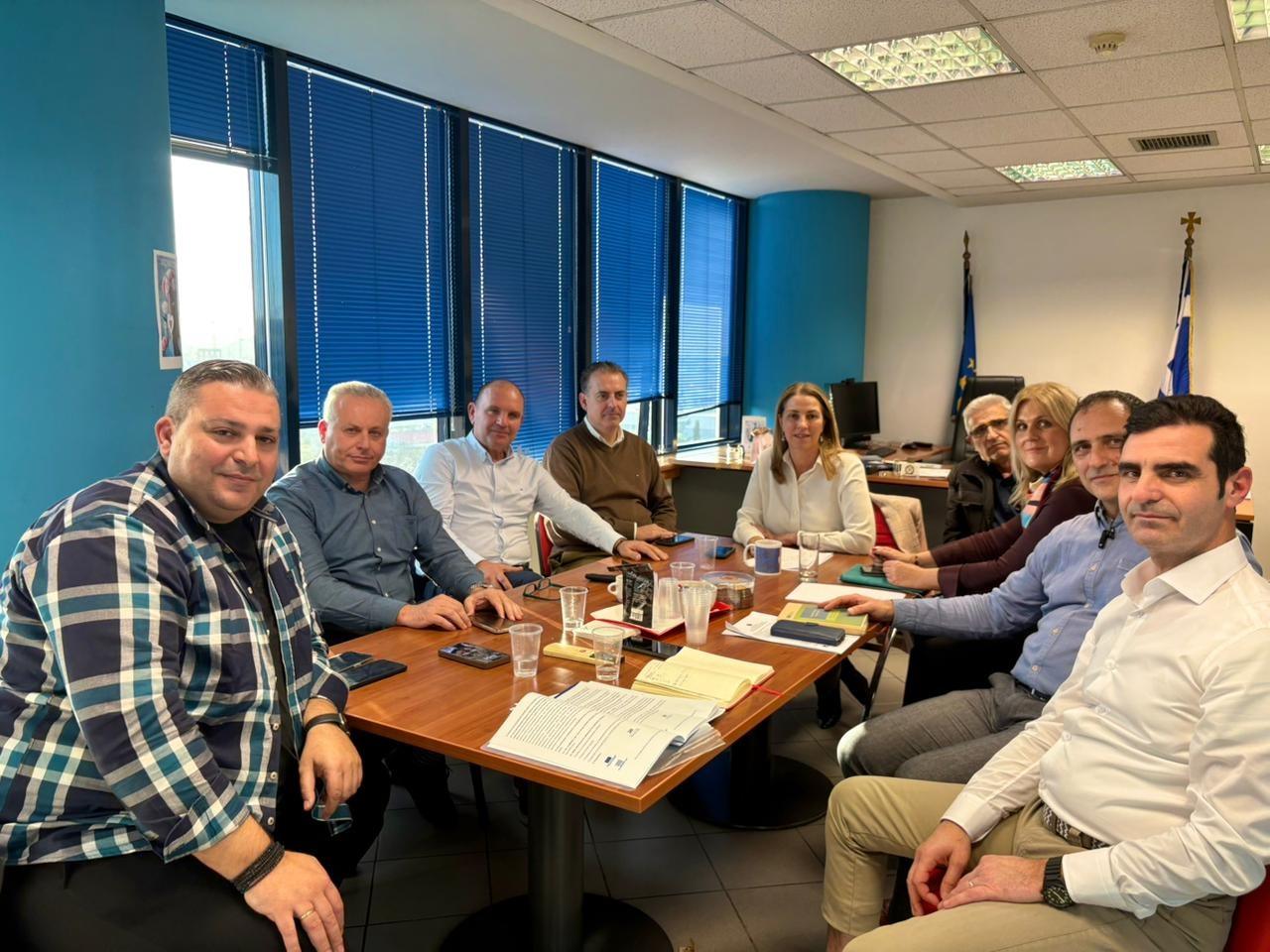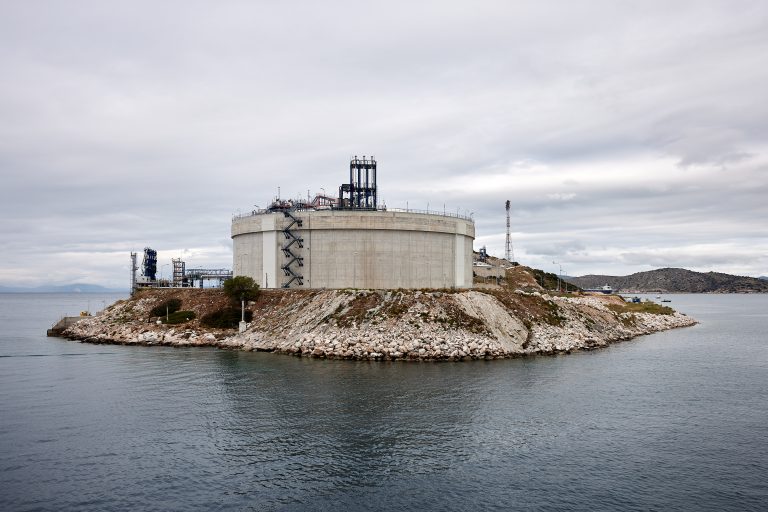Until recently – always speaking for myself – I was familiar with the phrase “to find my justice…”. I think all of us – at a difficult phase of our lives – when we were “being choked” by injustice, wickedness, or use any word of your choice, we would like to bestowed justice… “.
However, now that the climate crisis has knocked on our door, with thousands of people losing their property and crops, with ecosystems collapsing, my friends from the environmental organization Greenpeace also added to my vocabulary four more words: “find the fair fish…”.
“Find the fair fish”: What’s that? Is there an unfair fish?
– “When we say fair, we mean caught in a way that does not destroy the sea and marine life. Through our choices, every time we buy fish and seafood, we can protect our seas. By becoming more responsible consumers, we will see the Greek seas being filled with fish again,” explains Angela Lazou, the campaign coordinator of the Greek section of the environmental organization Greenpeace.
They are sweeping the seas clean…
According to her, destructive fishing methods, such as trawlers and purse seiners, are emptying our seas of life and destroying marine ecosystems.
– “They often fish illegally near the shore, throw half of their fish back into the sea and catch young fish (brood) illegally. Many fish populations in the Greek seas are in danger, while the market is full of products that have been caught by unsustainable methods or that have traveled many kilometers for days to reach the Greek market. At the same time, the survival of thousands of people who depend on the sea to live is threatened “, adds Angela Lazou.
The protection of the seas passes through our plate
As Greenpeace points out to me, in the Mediterranean about 85% of fish are overfished. At the same time, the market is full of fish and seafood caught up in destructive, wasteful and unsustainable practices.
“We oppose these methods and support fair fish, which are caught in ways that are gentle for marine life, as well as low-intensity coastal fishermen who do not throw back into the sea dead fish they do not want and catch species in their time and place, of the correct size. The protection of the seas goes beyond our plate! That is why we are changing the way we consume fish and seafood “, points out Angela Lazou.
Can we do something?
Before we do something we must first see and understand the problem. So the image as described to me by Greenpeace is as follows:
“Greek fish has become a kind of luxury and is in danger of being lost from the seas and our diet. Without real control, trawlers plow our seas, destroying sensitive ecosystems, wasting marine life by throwing half of their fish back into the sea and channeling small fish (brood) into the market,” said the campaign manager of the Greek Green department.
-And what is the solution?
– “In order for the fish to be able to reproduce, to grow undisturbed and for us to have vibrant Greek seas, we need marine shelters today. The proposal already submitted by Greenpeace for the creation of marine shelters in the Corinthian Gulf and the Northern Cyclades, is supported by local coastal fishermen, scientists, organizations and tens of thousands of citizens. But the protection of the seas also goes beyond our plate! “By becoming more responsible consumers, we will see the Greek seas fill again with fish”, points out Angela Lazou.
Do not limit our diet to 3-4 species
He added: “With the majority of fish populations being overfished, consumers need to significantly reduce the amount of fish we eat. And the few times we consume fish, do not limit our diet to only 3-4 species that are usually caught by catastrophic trawlers, when there are many fish that are not so popular, but are caught regularly by coastal fishermen. By choosing unpopular fish, you expand your diet, discover new flavors and recipes, while at the same time contributing to the protection of our seas ”
Know what we eat and when
So from what I understand it is very important to know what fish we eat and when. So here’s a survival guide. It is not absolute but it’s better than nothing…
-In January: John Dory, rockfish, cow bream or goldline, sand steenbras, annular seabream, flathead grey mullet, Golden grouper, twait shad, large-eye dentex, Mediterranean barracuda, comber. Prohibited: purse seine fishing, swordfish fishing and sales, and oyster fishing.
-In February: John Dory, rockfish, cow bream or goldline, sand steenbras, sheephead bream, flathead grey mullet, golden grouper, twait shad, but, Mediterranean barracuda, comber. Purse seine fishing is prohibited until February 15. Oyster fishing is prohibited.
-In March: Rockfish, sand steenbras, sheephead bream, flathead grey mullet, Golden grouper, twait shad, large-eye dentex, Mediterranean barracuda, comber. Oyster fishing is prohibited.
-In April: Rockfish, sand steenbras, sargo, sheephead bream, flathead grey mullet, twait shad, large-eye dentex, Mediterranean barracuda Fishing with winch and glossy fishing is prohibited.
-In May: Rockfish, sargo, Sheephead bream, Annular seabream, flathead grey mullet, large-eye dentex, Mediterranean barracuda Amateur fishing, underwater or longline nets, fishing with winch trawls and glossy fishing are prohibited.
-In June: John Dory, rockfish, dreamfish, sargo, sheephead bream, annular seabream, flathead grey mullets, Golden grouper, large-eye dentex. Fishing with trawlers and winch trawls, and glossy fishing are prohibited.
-In July: John Dory, dreamfish, sargo, sheephead bream, annular seabream, golden grouper. Fishing with trawlers and winch trawls is prohibited. August You can eat: John Dory, dreamfish, sargo, sheephead bream, annular seabream, golden grouper, twait shad, comber. Fishing with trawlers and winch trawls, fishing for quince and oysters is prohibited.
-In August: John Dory, dreamfish, sargo, sheephead bream, annular seabream, Golden grouper, Twait shad, comber fishing with trawlers and winch trawls, fishing for quince and oysters is prohibited.
-In September: Sargo, annular seabream, golden grouper, twait shad, large-eye dentex, Mediterranean barracuda, comber. Fishing with trawlers and winch trawls, fishing and trade of lobster and crayfish, shellfish and oysters are prohibited.
-In October: Rockfish, sand steenbras, sargo, annular seabream, golden grouper, twait shad, large-eye dentex, Mediterranean barracuda, comber. The fishing and trade of swordfish, lobster and lobster and oyster fishing are prohibited.
-In November: Rockfish, sand steenbras, sargo, sheephead bream, annular seabream, flathead grey mullet, golden grouper, twait shad, large-eye dentex, Mediterranean barracuda, comber Fishing and trade in swordfish, lobster and crayfish, and oyster fishing are prohibited.
-In December: John Dory, rockfish, dreamfish, sand steenbras, sargo, sheephead bream, annular seabream, Flathead grey mullet, Golden grouper, Twait shad, large-eye dentex, Mediterranean barracuda, Comber From 15 December, purse seine fishing is prohibited. Fishing and trading in swordfish, lobster and lobster, and oyster fishing are prohibited.
And tips from Greenpeace experts about buying fish
1) Ask about how and where it was fished and avoid species that have been caught with destructive practices (eg sand steenbras is mainly caught by trawlers and sardines and anchovies by purse seine).
2) Avoid the offspring.
3) Buy fish in their season, ie not the breeding season. If you do not know when this is, ask the fishmonger.
4) Ask your fishmonger to bring fish that have been caught in a sustainable way by small coastal fishermen. Consider that this will also strengthen the local economy in various coastal areas of the country.
5) Buy fish directly from coastal fishermen in their boats (you will find them in many ports of the country, even near large urban centers). You will meet new species of fish and if you do not know how to cook them, do not hesitate to ask the fishermen themselves.
As you can see all the necessary information is there. What does this mean; Excuses finally. And because no species of fish is currently endangered, with most species, according to scientific estimates, being overfished or being fully exploited, we are looking for the right fish…
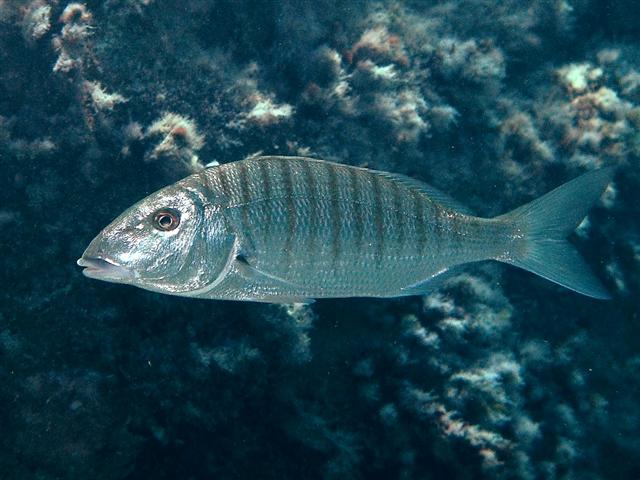





![Επιτόκια: Μειώθηκαν για νέες καταθέσεις και δάνεια τον Δεκέμβριο [πίνακας]](https://www.ot.gr/wp-content/uploads/2025/04/29962267_agores-epitokia-300x300.jpg)



![Χατζηδάκης: Η παρουσίαση για το νομοσχέδιο «φιλικό κράτος» [live]](https://www.ot.gr/wp-content/uploads/2026/02/hatzidakis-300x300.jpg)




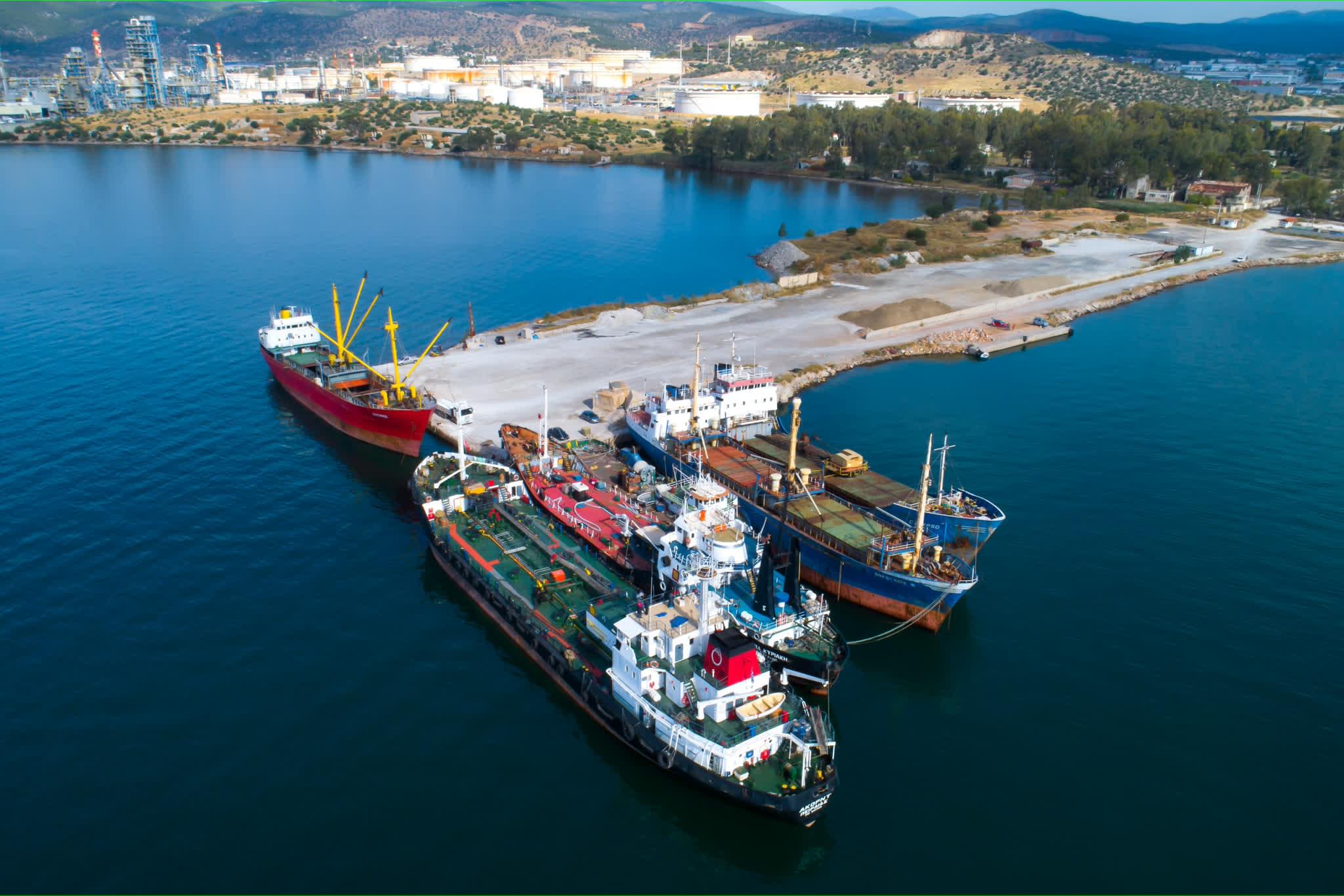





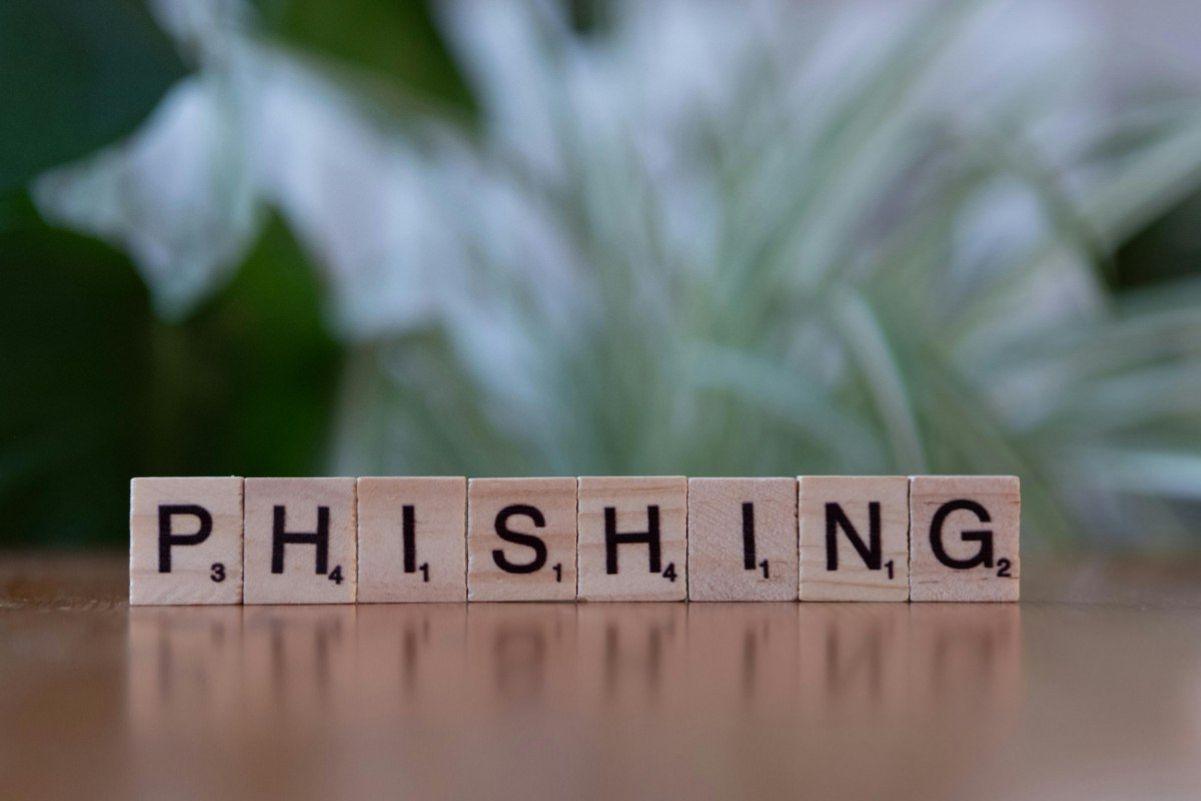

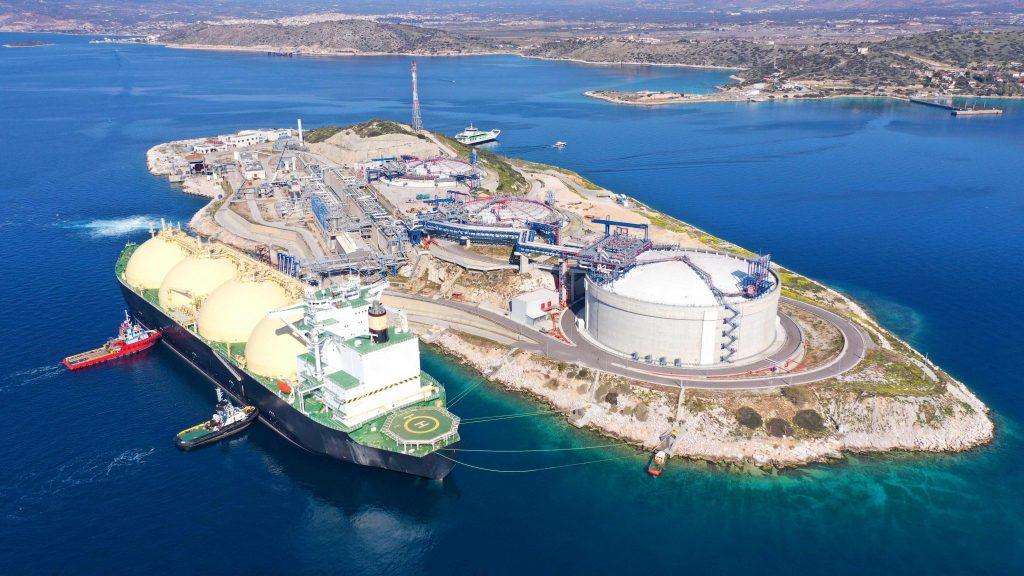
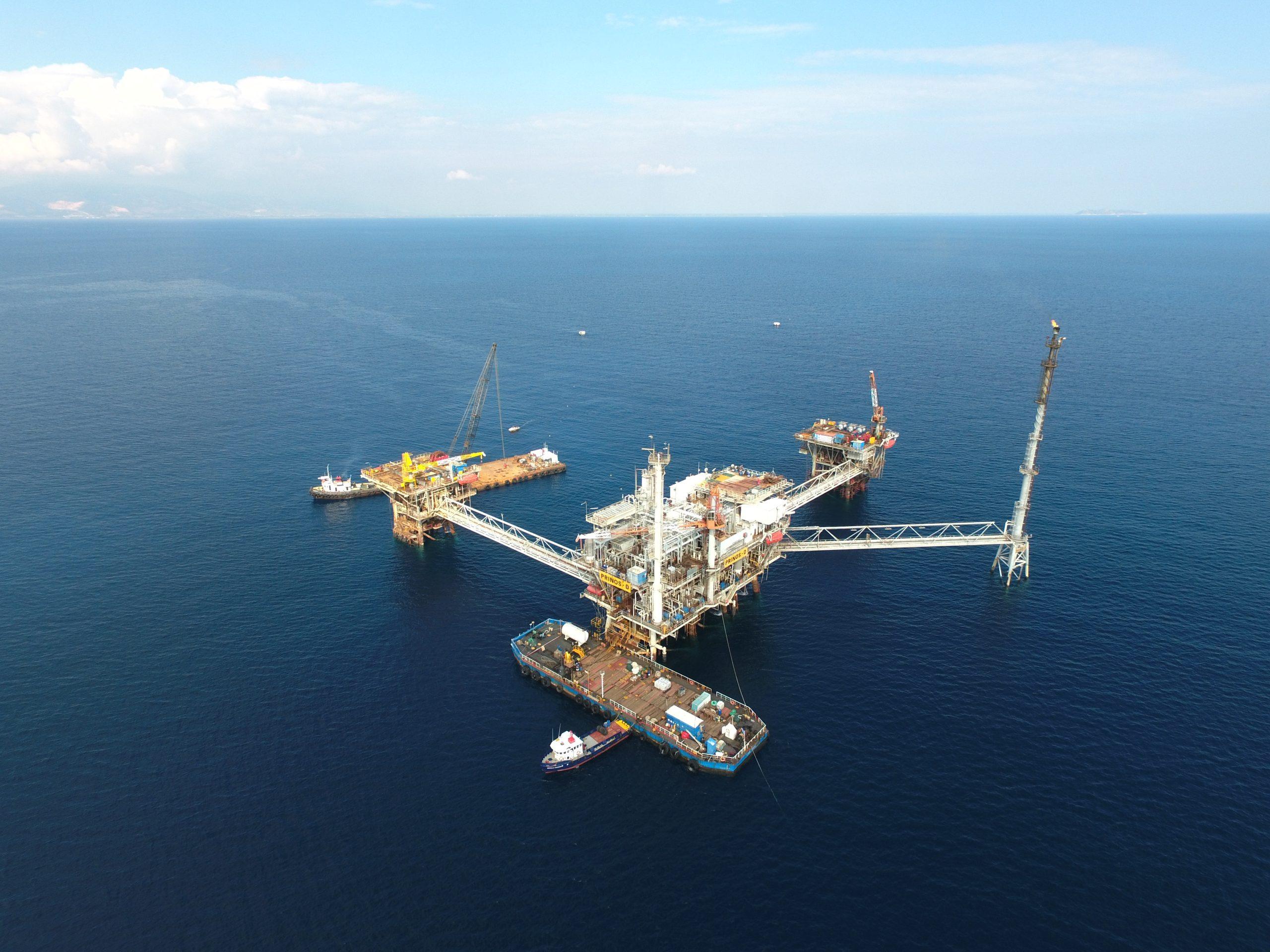


![Επιτόκια: Μειώθηκαν για νέες καταθέσεις και δάνεια τον Δεκέμβριο [πίνακας]](https://www.ot.gr/wp-content/uploads/2025/04/29962267_agores-epitokia.jpg)



![Χατζηδάκης: Η παρουσίαση για το νομοσχέδιο «φιλικό κράτος» [live]](https://www.ot.gr/wp-content/uploads/2026/02/hatzidakis.jpg)




